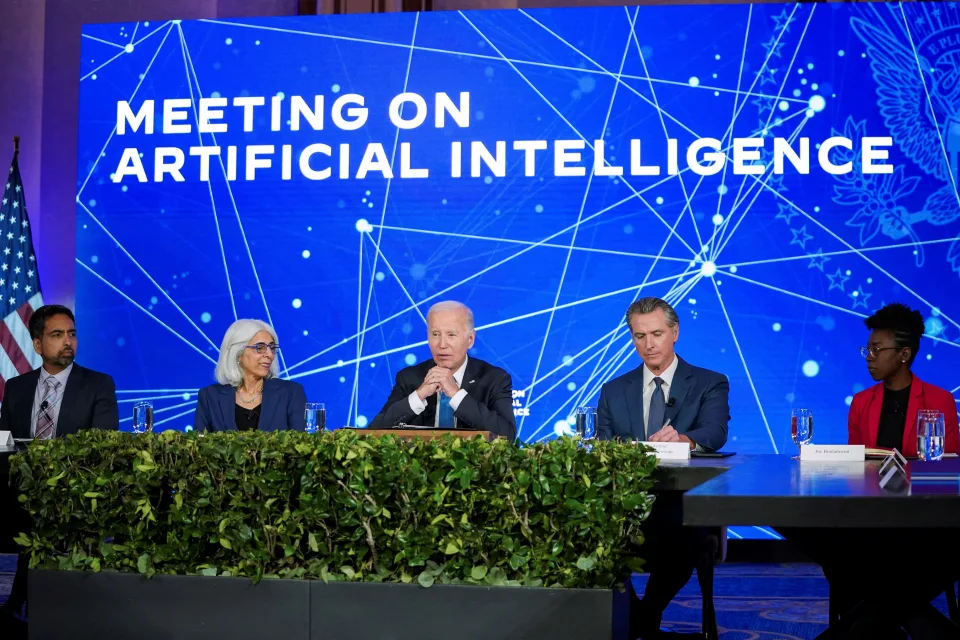The White House is poised to unveil an expansive executive order focused on artificial intelligence, set to be revealed on October 30th, according to reports. This directive aims to leverage the purchasing power of the federal government to exert influence over major tech companies. The Biden Administration is preparing to introduce a comprehensive order centered on AI, as per sources cited in The Washington Post. This “sweeping order” from the White House will harness the federal government’s procurement capabilities to impose specific requirements on AI models before government agencies can deploy them. The order is currently slated for release on Monday, October 30th, just two days before the International AI Safety Summit that took place in the UK.
The executive order is expected to mandate a series of assessments for advanced AI models before federal agencies can adopt them. Additionally, it will facilitate immigration for highly skilled workers, a move aimed at reversing restrictions that were prominent during the previous Trump administration. Federal agencies, including the Department of Defense, the Department of Energy, and various intelligence branches, must explore ways to integrate AI into their operations. The emphasis of these analyses will revolve around fortifying the nation’s cybersecurity defenses.
In a related development, the White House has reportedly sent out invitations for a “Safe, Secure, and Trustworthy Artificial Intelligence” event scheduled for Monday, October 30th, to be hosted by President Biden. It’s worth noting that the specifics of the executive order are not yet finalized and may undergo revisions.
Across the Atlantic, European officials are actively working on AI regulations to finalize a comprehensive package by year-end. Meanwhile, the United States Congress is in the early stages of drafting its own AI regulations. Senator Charles Schumer (D-NY) recently convened AI leaders at the second AI Insights Forum on Tuesday.
The regulation of AI is currently a hot topic in the tech world. Generative AI has made significant strides in recent years, with image generators like Midjourney and DALL-E 3 producing compelling photos that can be used for disinformation and propaganda, as seen in some political campaigns. Advanced large language models (LLM) chatbots like OpenAI’s ChatGPT, Anthropic’s Claude, and Google’s Bard have raised concerns by enabling the creation of text passages that can convincingly answer questions, regardless of their accuracy. Additionally, there are AI models capable of cloning celebrities’ voices.
In addition to concerns about misinformation and its potential impact on elections, generative AI has also raised worries about its implications for the job market, particularly for professionals in fields like art, graphic design, development, and writing. Notably, several prominent media outlets, including CNET, have been scrutinized for using AI to compose entire articles with minimal disclosure and often riddled with errors.


















